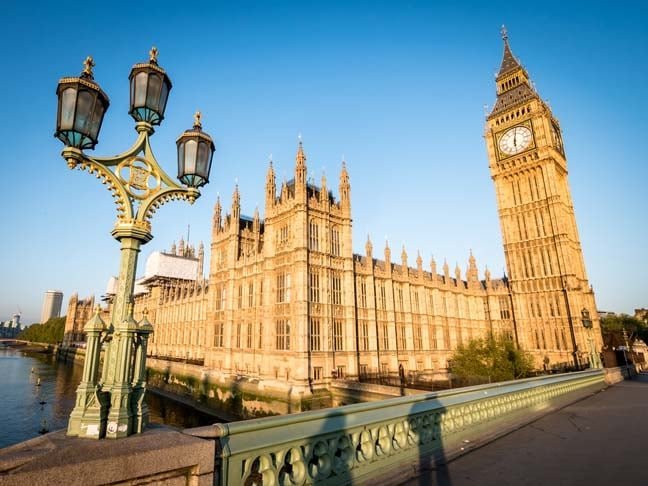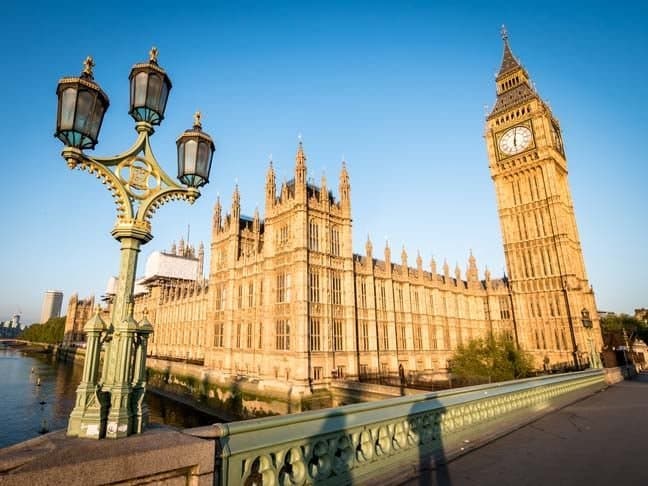The UK's Online Safety Act has driven 5 million daily age verification checks as citizens access restricted content, with the government claiming minimal data collection. Critics warn of surveillance risks and censorship overreach despite assurances of 'safe and proportionate' data handling. VPN searches surge as users explore privacy workarounds.

Since the UK's Online Safety Act came into force on July 25, 5 million additional daily age verification checks are being performed nationwide as users attempt to access restricted content. The legislation mandates platforms to block under-18s from viewing pornography, self-harm material, and eating disorder content using facial recognition, credit card validation, or photo ID scans. Non-compliant services face fines up to 10% of global revenue or £18 million—whichever is higher.
Privacy Promises vs. Practical Realities
The Department for Science, Innovation and Technology (DSIT) insists systems confirm age "without collecting or storing personal data, unless absolutely necessary." Secretary Peter Kyle previously declared opposition to the Act places one "on the side of predators," framing it as fundamental child protection. Yet privacy advocates highlight concerning loopholes:
"Many third-party solutions provide platforms an answer about whether a user is over 18 without sharing additional identity data"
— UK Government statement
This vague "unless absolutely necessary" clause leaves significant wiggle room for data harvesting. Critics note the irony in trusting platforms to securely handle biometrics and IDs despite rampant industry breaches. The government counters that data misuse triggers "heavy penalties"—but fails to detail enforcement mechanisms.
Circumvention and Censorship Concerns
VPN usage has spiked dramatically in the UK, with some services reporting four-figure percentage increases in searches. While VPNs remain legal, the government acknowledges that banning them would align the UK with authoritarian regimes like China and Russia—and prove technologically challenging.
Elon Musk's X platform blasted the legislation in a public statement: "UK's Online Safety Push Shows What Happens When Oversight Becomes Overreach," arguing that expanded censorship powers undermine free expression. The critique echoes Parliamentary warnings that the Act inadequately addresses misinformation while creating broad surveillance infrastructure.
The Impossible Balance?
As millions reluctantly submit to daily verification, the deeper tension surfaces: Can any system simultaneously guarantee absolute safety, perfect privacy, and uncompromised freedom? With GDPR already governing data protection, critics argue the Act layers redundant risks rather than solutions—transforming every adult web user into a perpetual identity suspect. The VPN surge suggests many citizens already cast their vote.
Source: The Register

Comments
Please log in or register to join the discussion